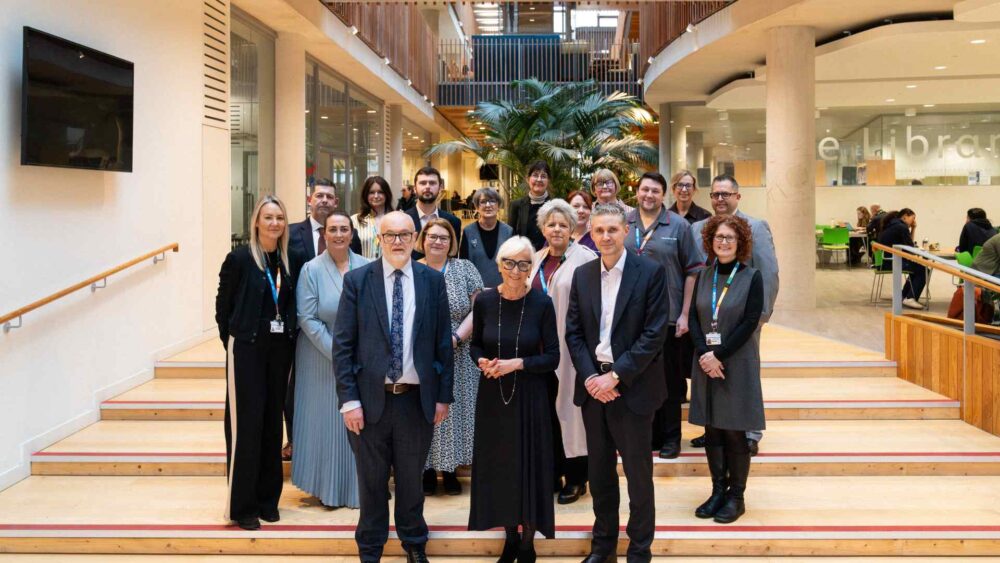
Lifestyle
People do have a ‘type’ when looking for love, scientists suggest
7 years ago

Researchers found similarities in the personalities of the current and former partners of individuals.
People looking for love do have a particular “type”, research suggests. But do you agree?
While those going through a break-up may be tempted to try something different, it seems that most will end up with someone similar to their previous boyfriend or girlfriend.
A study, published in the journal PNAS, found people tend to date partners with consistent personalities and suggests it may be possible to predict who an individual will couple up with in the future.
“After experiencing a break-up, people commonly believe that they have better ideas about whom they want as a new partner,” the study authors said.
MORE: 10 things you’ll only know if you are addicted to Love Island

“However, the present findings provide evidence that people’s new partners tend to have a degree of similarity to their previous partners, suggesting that people consistently engage in relationships with a particular type of person to at least some extent.”
The researchers, from the University of Toronto in Canada, monitored the relationship status of a group of people in Germany from 2008.
Every time the participants entered a new relationship, the personality traits of their latest partner were assessed.
By 2017, 332 participants had dated two different partners, who had both agreed to complete a personality test.
The researchers found that the current partners of participants described themselves in ways that were similar to their former partners.
However, people who were extrovert or open to experiences were more likely to date someone a bit different.
“This partner personality consistency can have potential implications for predicting with whom people are likely to couple in the future as well as how they will behave in relationships,” the study authors said.
More research is needed to understand this pattern, the researchers said, which could be used to create a “matching” algorithm, or improve education around romantic relationships.









 Subscribe
Subscribe Follow Us
Follow Us Follow Us
Follow Us Follow Us
Follow Us Follow Us
Follow Us Follow Us
Follow Us











